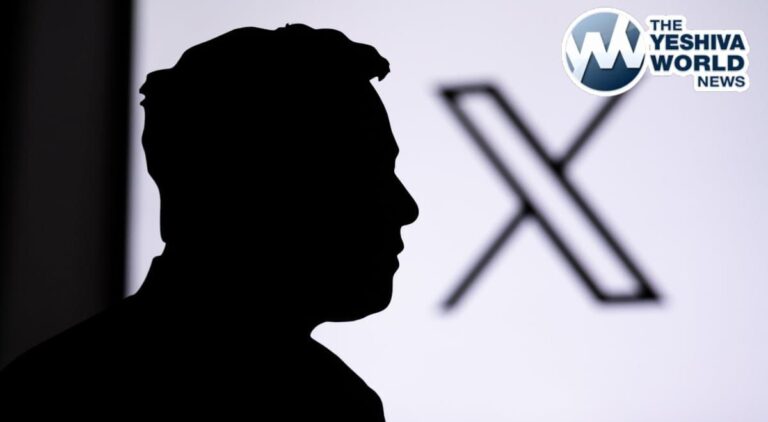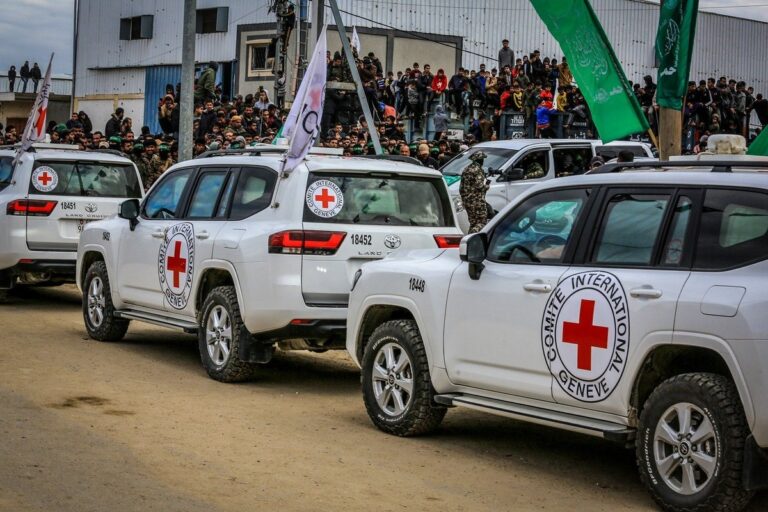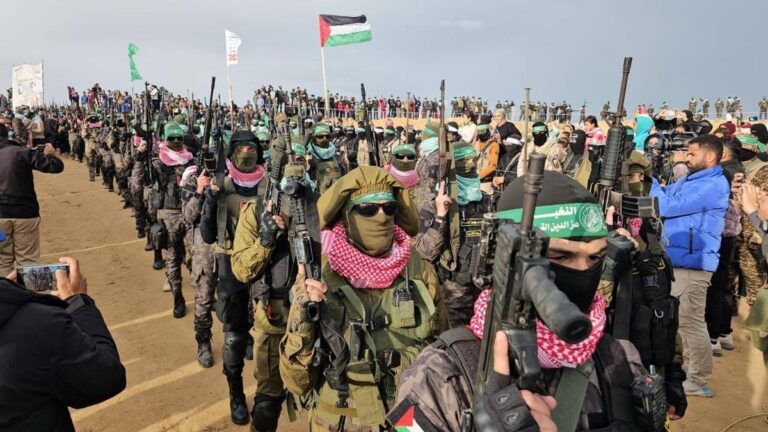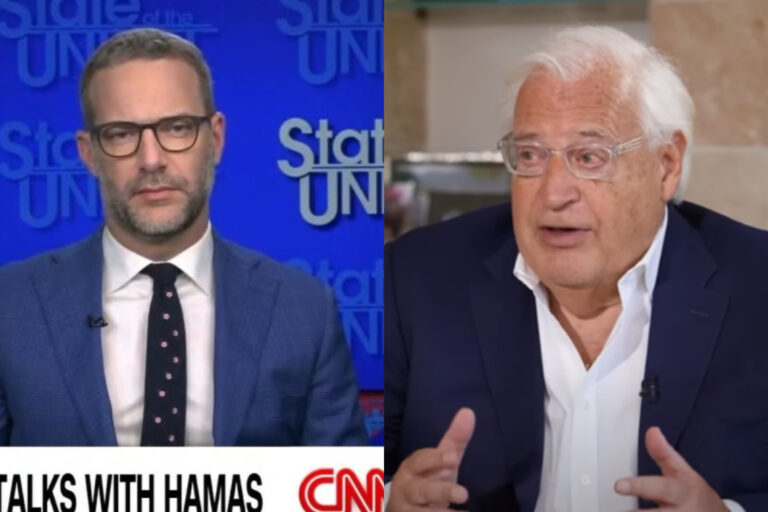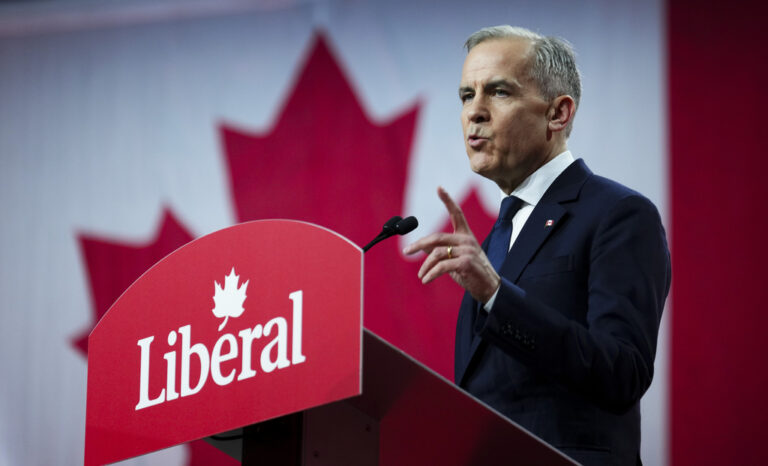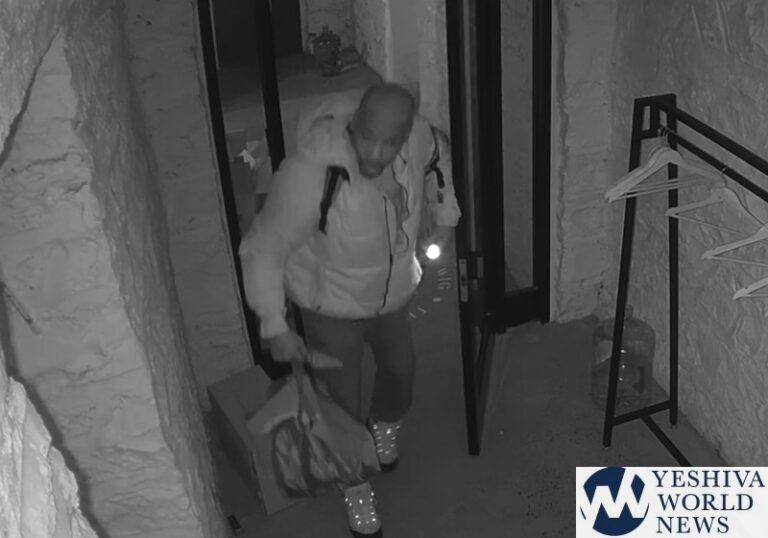MET: Istanbul was Constantinople, and even old New York was once New Amsterdam, as the song famously relates. Indeed, many cities across the globe have changed name at least once. St. Petersburg, Mumbai, and Beijing have all had previous incarnations, as have a number of countries, including Myanmar, Iran and Israel. But now, in central Israel, one such potential name change is stirring up controversy;? it threatens to wipe out a name that was granted not in honor of a modern-historical dictatorship, colonization, or battle, but one that has been in place for well over 1,000 years.
The ninth-century Arab geographer, Ya’qubi, relates that the city of Ramle was founded in AD 716 by the Caliph Sulaiman Ibn Abdel Malik, a military ruler whose territory spanned Europe and Asia, and who made the city capital of the Jund Filastin district, one of five Syrian provinces in the Arab-Muslim Empire.
By the tenth-century, Ramle was flourishing, with the Jerusalem-based geographer Mukadassi describing it as a “fine city … well built; its water is good and plentiful; its fruits are abundant. Commerce here is prosperous, and the markets excellent … This capital stands among fruitful fields, walled towns and serviceable hospices …”
Not bad for a city whose name derives from the Arabic word for ‘sand,’ ramal, of which, prior to its development, there was an over abundance.
Despite its illustrious history, however, modern Ramle has failed to capture visitors’ imagination to the same degree, and many residents of the 60,000-strong city – which is divided into a roughly 80 to 20 percent split between Jews and Arab Muslim or Christian citizens – feel that living in the city actually has a degree of stigma attached to it.
“I don’t feel comfortable telling people from other parts of the country that I come from Ramle,” says Sara Meyer, a Tel Aviv hi-tech worker who grew up in Ramle.
“People think of it as crime-ridden and poverty stricken, and some immediately think I’m less sophisticated than them if I tell them where I grew up,” says Sara. “So, I often pretend I come from somewhere else,” she admits with a smile.
“It has a very unpleasant image,” agrees Gal Kauffman, a property developer. It is associated with crime, drugs, and ugliness, he explains; “I’ve never ever been there, although it’s only a few miles away.”
Under the supervision of Yoel Lavie, mayor of the city for the last 13 years, some of this stigma has certainly disappeared. Great leaps have been made, particularly in terms of crime prevention, and the city now sports one of the lowest crime rates in the entire country.
The prison, for which Ramle was once notoriously renowned, has already been renamed, from ‘Ramle Prison’ to ‘Ayalon Prison.’ And now, to make the transformation complete, it seems that Lavie is keen to similarly change the name of the city itself.
Currently, Mayor Lavie, much to the dismay of many of Ramle’s residents, both Jewish and of Arab origin, is making the first initial steps toward replacing the name of Ramle with a different one.
He intends, sometime soon, to apply to the Knesset’s names committee for authorization to begin the procedure of changing the name.
Next, he will approach the city council in his quest to find a number of alternative options for the new name, before putting the matter to a referendum among Ramle’s residents.
At the moment, names that the mayor is considering include Neveh Ayalon or Kiryat Ayalon, due to the town’s proximity to the Ayalon River. Other potential names include Neveh Dan and Kiryat Dan, in reference to the city’s position in the historical lands of the Israelite tribe of Dan.
As well as the process of reinvention and rejuvenation within which Lavie has been particularly active during his tenure as mayor, he cites another main reason for his desire to change Ramle’s name.
“I can’t ignore this issue of Ramle and Ramallah,” he said in a recent interview with Israeli newspaper Ha’aretz. “People get confused.”
However, duplicate names within Israeli society and beyond are fairly common.
The region, for example, contains two ‘Taibeh’ or ‘Taybeh’s’; one is a large Israeli Arab town close to the ‘green line,’ and the second is a small, largely Christian village in the Palestinian territories, hosting the only Palestinian brewery.
Further afield, too, some names are apt to be repeated. Outside the Middle East, there are eight Bethlehems in the USA alone, as well as others in New Zealand, the Netherlands, South Africa, Wales and Switzerland.
Similarly, Jerusalem appears on maps of Ohio, New York State and Arkansas, as well as in the English county of Lincolnshire.
The biggest protests against Lavie’s name change can currently be heard within the Arab sector, which sees the proposed move as a way of disguising or removing the city’s Arab identity.
But Lavie is adamant that this is not the case. “I am not moving away from Ramle’s Arab past,” he told Ha’aretz. “I am trying to bring the Arabs closer. In fact, if I could, I would turn the Arabs into Jews. Not Jews in the religious sense, Jews in the sense of values.”
When questioned on this remark, he continued: “the values that you don’t kill a brother or sister in the street because of family honor, the values of a different threshold of violence.” But it is precisely this type of comment that is provoking many Arab residents of the city to question Lavie’s motives.
“Changing the name proves Lavie feels he has not yet finished occupying Ramle,” said Arab resident Bussina Dabbit recently.
‘Palestine Remembered,’ an Internet-based project that describes itself as the “home of all ethnically cleansed Palestinians” refers back to the events of 1948, when, it says, “on July 14th, 1948, the city’s inhabitants were ethnically cleansed [forcible expulsion] out of the city.
“From the 17,000 Palestinians who used to call Ramla (Ramle) home, only 400 people were allowed to stay.” Some observers may therefore question whether, in changing the name of the town, Lavie might be seeking to erase modern history, as well as its more ancient origins.
Certainly, many Palestinians continue to refuse to acknowledge the ‘new’ Israeli names given to many formerly Palestinian towns and villages, after the state’s creation in 1948.
Nevertheless, in insisting that any change in name would go to a citywide referendum, Lavie is not taking on the issue of Ramle’s identity entirely on his own. And, judging by reactions from a variety of Ramle residents, he may still run into problems along the way.
“Why should we change?” asks Ari, a market worker and born-and-bred Raml-ian. “We’re proud of our town. Even if it did change, the change wouldn’t last. No one would actually use the new name after the first few weeks.”
He is equally assertive on the question of Ramle’s identity; “why should we change it just for other people? We like it here, and we don’t care what anyone else thinks!”

